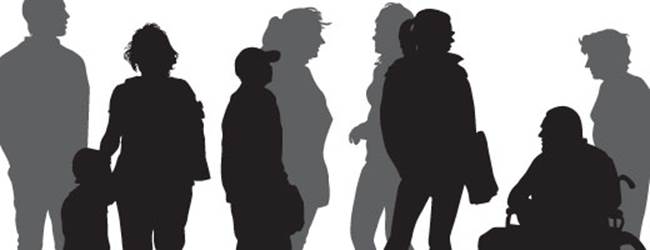
Professional victims on social media have become a pervasive presence in recent years. These individuals are often adept at using their victimhood as a means of gaining attention, sympathy, and even financial gain. They can be found across all social media platforms, from Instagram and Twitter to TikTok and Facebook.
Who are professional victims?
Professional victims are defined by their tendency to cast themselves as perpetual victims, no matter what the situation. They often see themselves as the protagonists in a never-ending cycle of suffering, and they use their social media accounts to share their struggles with the world. While it’s important to acknowledge and support those who have experienced trauma or adversity, professional victims take it to another level, exploiting their stories and experiences for personal gain.
One example of a professional victim on social media is Belle Gibson.
Gibson claimed that she had cured her terminal brain cancer through a combination of alternative therapies, diet changes, and lifestyle changes. She went on to become a social media influencer, promoting her own brand of wellness products and sharing her story with thousands of followers.
However, it later emerged that Gibson had never had cancer at all. She was eventually found guilty of fraud and fined $410,000 for her false claims.
„Creative influencer”
Another example of a professional victim is Caroline Calloway. Calloway gained fame through her Instagram account, where she shared her life as a „creative influencer.” However, she soon found herself embroiled in controversy when she was accused of scamming her followers by not delivering on a promised series of workshops. Rather than taking responsibility for her actions, Calloway played the victim, claiming that she had been misunderstood and mistreated by the media and her followers. This led to a backlash from her fans and ultimately damaged her reputation as an influencer.
A third example is Rachel Dolezal. Dolezal became famous in 2015 when it was revealed that she had been passing herself off as a black woman for years, despite being born to white parents. Dolezal, who had been the head of the NAACP chapter in Spokane, Washington, was accused of cultural appropriation and misrepresenting her identity. However, rather than apologising for her actions, Dolezal insisted that she identified as black and claimed that she was the victim of discrimination and harassment. Her story sparked intense debate about race, identity, and privilege in America.
Influence of professional victims
The influence of professional victims on social media is complex. On the one hand, they can be seen as inspiring figures who have overcome great adversity and are using their platform to raise awareness about important issues. However, on the other hand, their behaviour can be seen as manipulative and attention-seeking, and their willingness to exploit their victimhood for personal gain can be damaging to others.
One of the key ways in which professional victims influence others is through their ability to evoke empathy and compassion. By sharing their stories of hardship and struggle, they are able to connect with their followers on an emotional level, building a loyal fanbase who are invested in their journey. This can be positive when used to bring attention to important social issues or to help others who have experienced trauma or adversity.
Negative impact on followers
However, professional victims can also have a negative impact on their followers. By constantly portraying themselves as victims, they can encourage a sense of victimhood in others, leading to a culture of entitlement and blame-shifting. They can also trivialise the experiences of those who have genuinely suffered by making light of their own struggles and using them for personal gain.
In conclusion, professional victims on social media are a complex and controversial phenomenon. While some may see them as inspiring figures who are raising awareness about important issues, others view them as manipulative attention-seekers who are damaging to others. It’s important to remember that while empathy and compassion are essential for building a better society, they should not be exploited for personal gain or used to justify harmful behaviour.
It’s also important to differentiate between genuine victims who are sharing their stories in order to raise awareness and those who are using their victimhood as a means of gaining attention or financial gain. By being mindful of the messages we consume on social media and questioning the motives of those who portray themselves as perpetual victims, we can cultivate a more empathetic and responsible online culture.
Maria Orella-Matilla